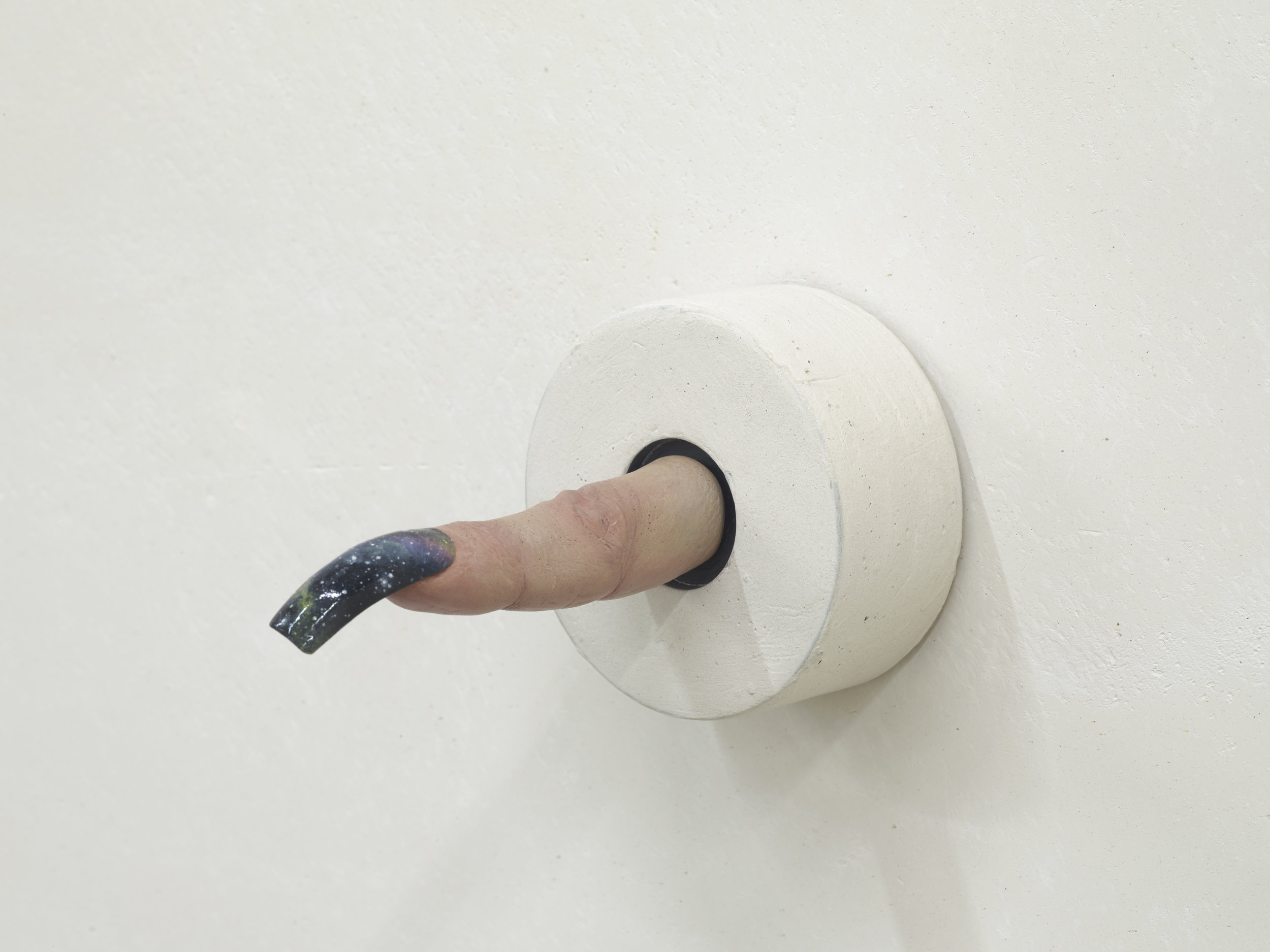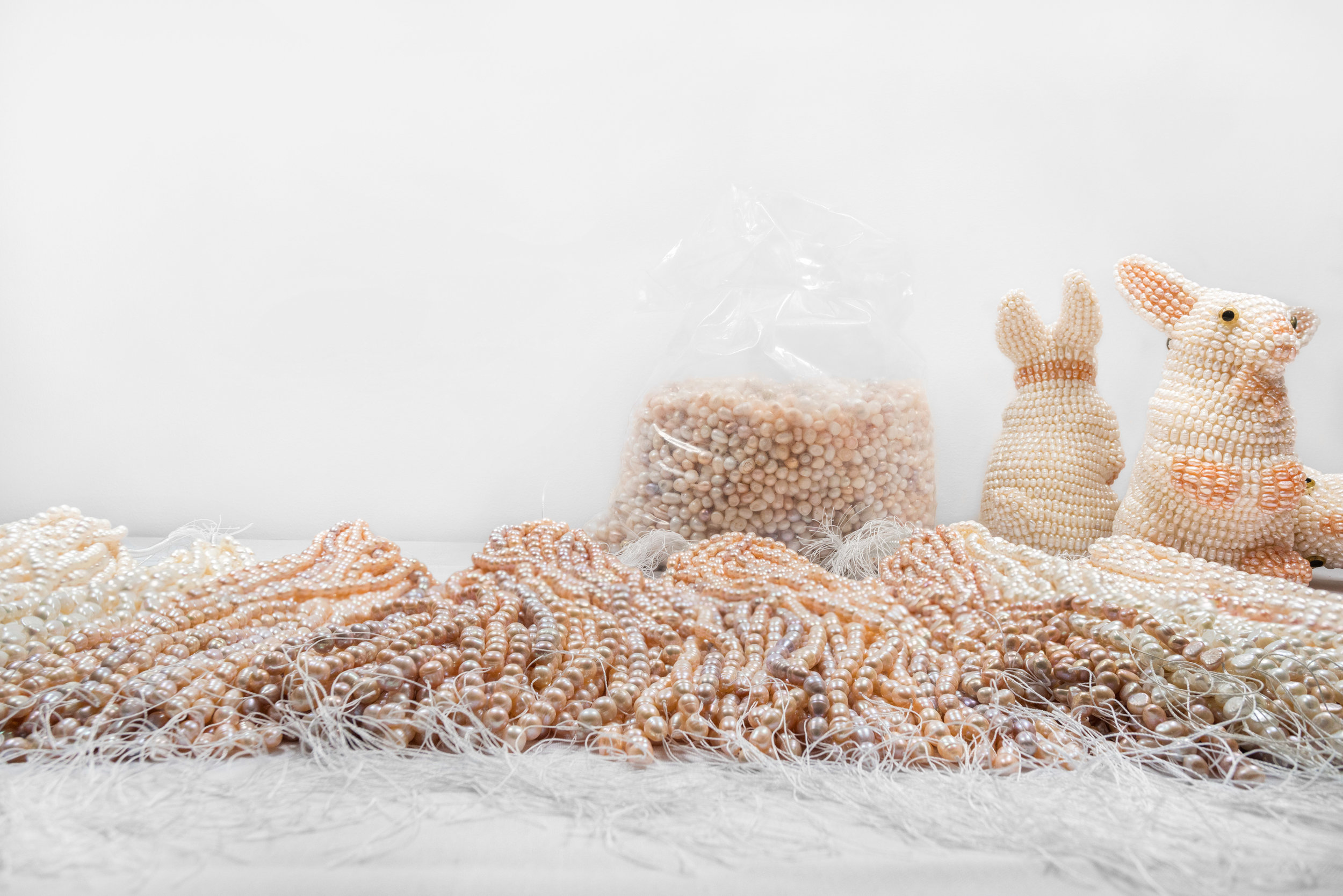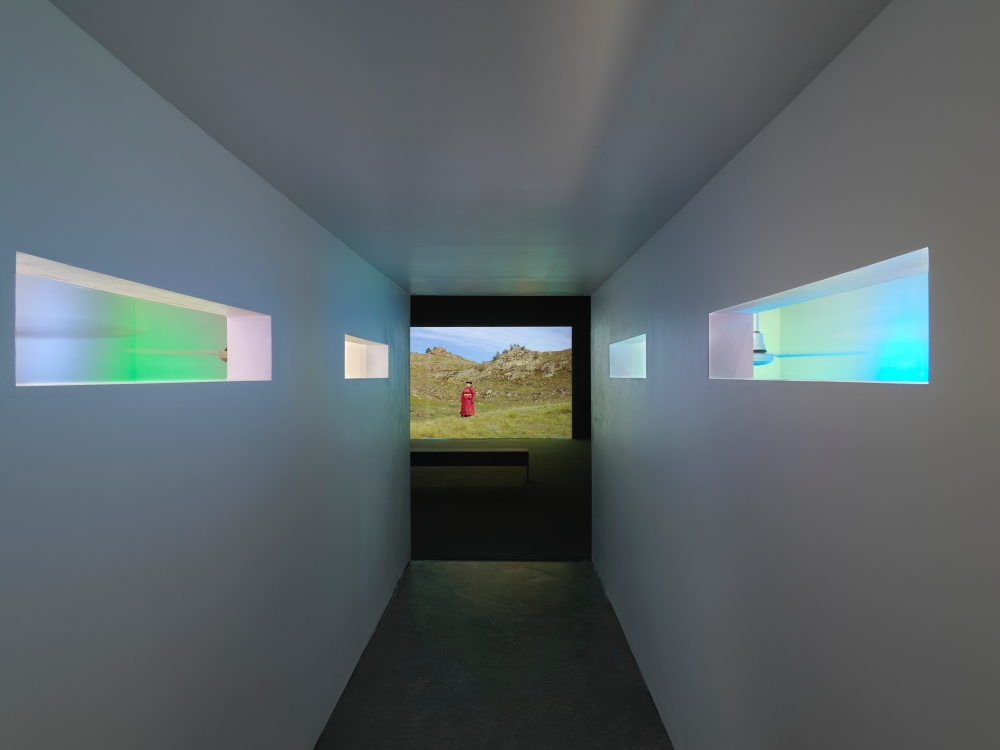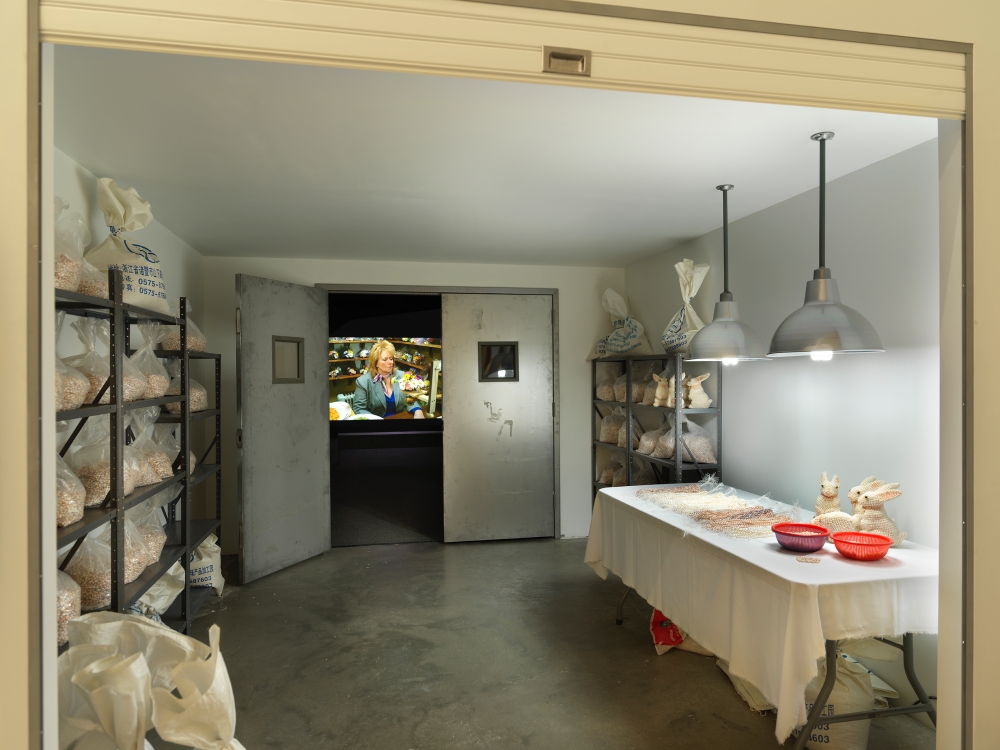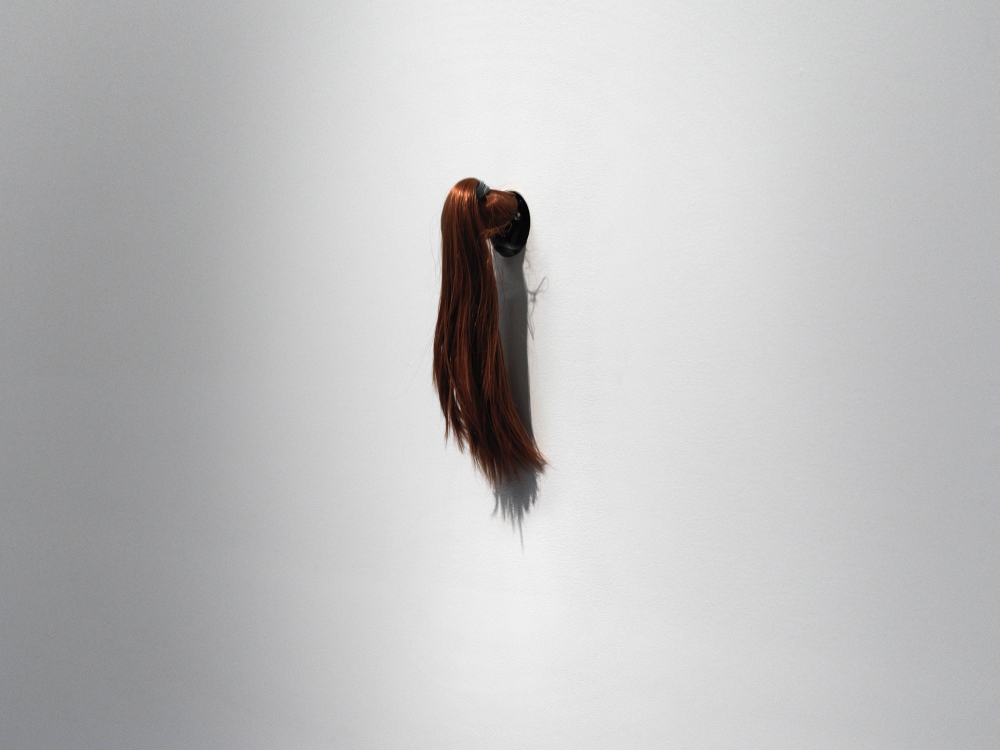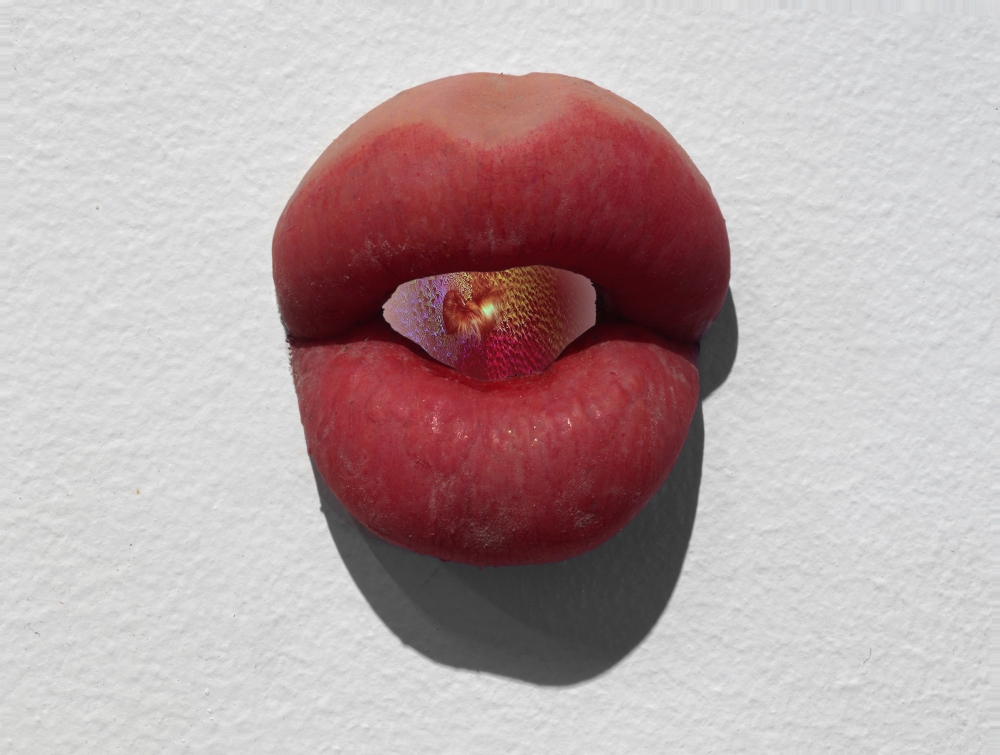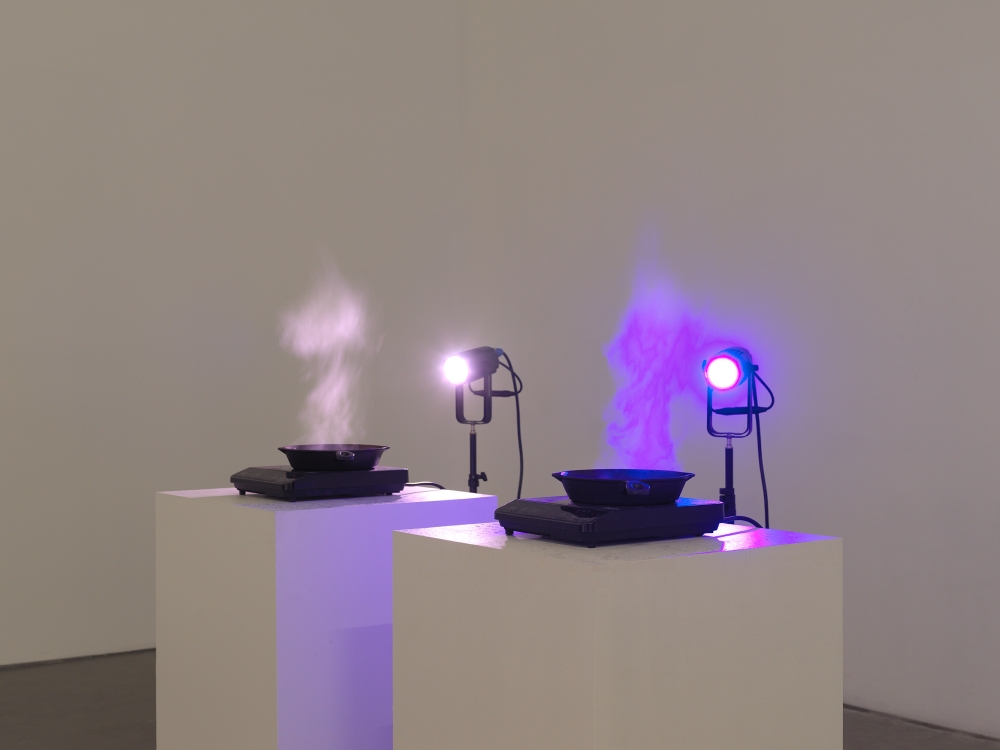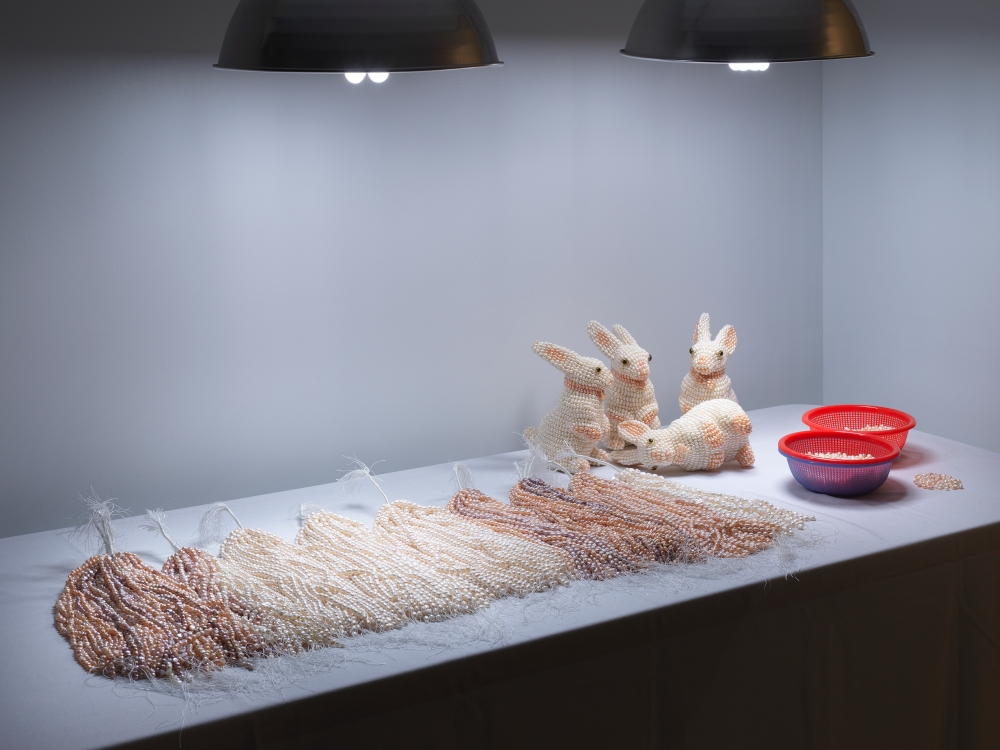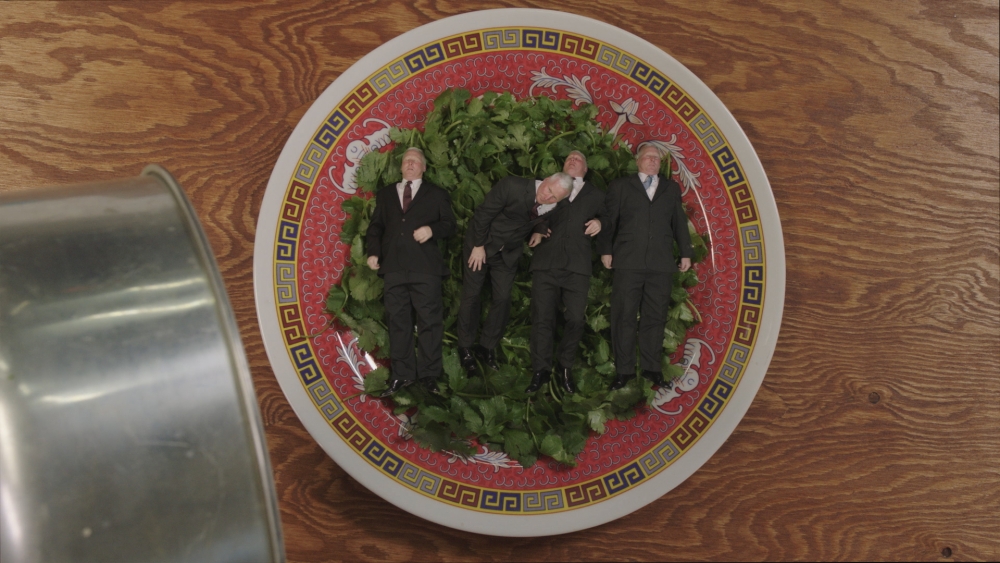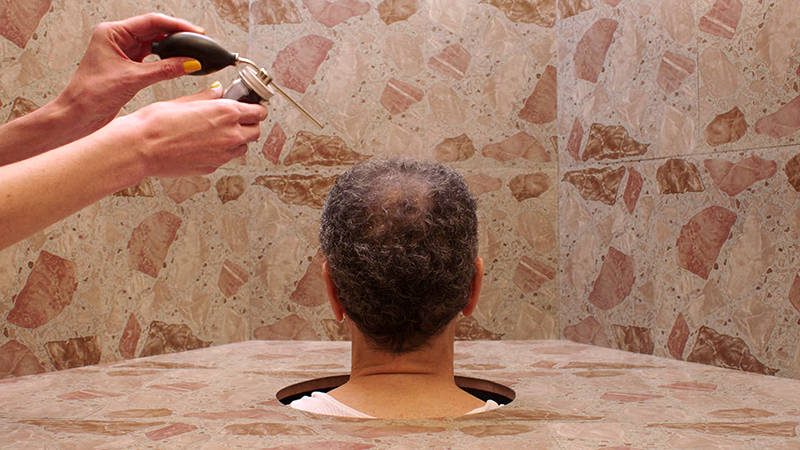At MoMA, Memory and Desire Collide in a Cinematic Exploration of the Real and the Imagined.
Marlow Fazon Featuring Yesterday. 2025. USA. Directed by Isaiah Davis. Courtesy the filmmaker
text by Eva Megannety
Doc Fortnight isn’t just an exhibition—it’s a provocation. MoMA’s annual nonfiction showcase has long been a space where documentary defies its own rules, and 2025 is no exception. This year’s lineup fractures, distorts, and reimagines the boundaries of nonfiction, blending memory, identity, desire, and upheaval into something more elusive—more intimate—more true. From legendary filmmakers like Errol Morris and Stanley Nelson to bold newcomers rewriting the language of documentary, these films dissolve fact and fiction, turning the camera into an accomplice, an intruder, an unreliable narrator. Among the exhibition’s most daring offerings is Doc Fortnight Shorts 4: Memory and Desire, a selection of films that probe the slipperiness of recollection and longing, proving once again that at Doc Fortnight, truth is never simple.
Prelude (2025, USA, dir. Jen DeNike)
Memory is a fragile thing, a collage of images and emotions that flicker and fade—except when celluloid steps in to hold it still. Prelude is a quiet, aching elegy where letters, family photographs, and the misty Scottish countryside form a bridge between past and present. DeNike crafts a dreamscape of longing as a daughter tries to reconcile her mother’s slipping mind with the secret history of a love that once burned bright. It’s an act of cinematic grace, a requiem for the things that time refuses to keep.
Blue (2024, Romania/Portugal/Hungary/Belgium, dir. Ana Vîjdea)
Some families suffocate with love. Some let it spill out in bursts of anxiety and control. In Blue, Ana Vîjdea delivers an unflinching portrait of Rodica, a Romanian mother scraping by in Belgium, desperate to keep her children close. Shot in tightly framed interiors that feel like walls closing in, the film pulses with the kind of intimacy that verges on claustrophobia. Love here is not soft; it’s a grip that doesn’t loosen, an embrace that lingers just a little too long. Vîjdea, ever the documentarian of human fragility, finds the tension between devotion and possession, between wanting to hold on and knowing you must let go.
Marlow Fazon Featuring Yesterday (2025, USA, dir. Isaiah Davis)
Isaiah Davis has never been one to shy away from the body—its textures, its violence, its aesthetic possibilities. His latest work, Marlow Fazon Featuring Yesterday, is less a film than a living, breathing installation, a visceral meditation on Black masculinity that pulls from sculpture, music, and the language of fetish. Leather, metal, horrorcore, and the yearning croon of Boyz II Men collide in this dissection of identity, power, and nostalgia. It’s raw, provocative, and formally daring—a theatrical reworking of Davis’ own past installations that reminds us how history, both personal and cultural, is always being remade.
Freak (2024, USA, dir. Claire Barnett)
Some films look like they shouldn’t exist—like you’ve stumbled onto something you were never meant to see. Freak feels that illicit. Shot in jittery, voyeuristic camcorder footage that trembles with tension, Barnett’s film pulls us into the obsessive push-and-pull of young love, where devotion looks an awful lot like self-destruction. It’s raw, nervy, and unsettling, stripping intimacy down to something almost holy—if holiness could be found in jealousy, insecurity, and a love so intense it borders on madness.
School of the Dead (2025, USA, dir. Hannah Gross)
“We need a dead(wo)man to begin.” Helene Cixous’ words haunt School of the Dead, Hannah Gross’ spectral, elliptical debut. A film about absence, inheritance, and the ghosts that shape us, it plays like a séance conducted through cinema—casting Sierra Pettengill as both subject and specter, searching for something in the vast, ancient landscapes of Alberta. History, personal and prehistoric, folds in on itself: the voices of lost mothers, forgotten texts, and the echoes of Clarice Lispector all bleed into this hypnotic, shape-shifting hybrid. Gross makes grief tangible, a thing you can almost reach out and touch before it vanishes into the frame.
If Doc Fortnight 2025 proves anything, it’s that nonfiction cinema is no longer bound by objectivity—or even reality. The festival’s most striking moments weren’t just about documenting the world as it is, but about reshaping it through memory, desire, and the slippery nature of truth. Films like Prelude and School of the Dead blurred the line between personal history and poetic reconstruction, while Freak and Marlow Fazon Featuring Yesterday pushed intimacy and identity to their rawest extremes.
The hybrid and avant-garde works showcased here reject the notion that documentary must simply “capture.” Instead, they challenge—contorting time, bending form, and questioning whose stories get told and how. This isn’t just a shift in style; it’s a radical redefinition of storytelling itself, one where fiction and nonfiction are no longer opposing forces but inseparable collaborators.
Leaving the exhibition, I found myself reconsidering what it means to document something. Is truth what we see, what we remember, or what we choose to believe? Doc Fortnight 2025 suggests it might be all of the above, and that’s precisely what makes this era of nonfiction cinema so thrilling.








